Today morning my co-worker asked me “What is Business Intelligence?” I looked at him, surprised. He surely knew what Business Intelligence meant. But he wanted a simpler answer from me. Something that is more specific, and easier to understand. I gave the Business Intelligence definition and explained Business Intelligence meaning in my own way, i.e. my take on the subject, from a Technical Communicator’s perspective.
Business Intelligence (BI) is the use of computing technologies, applications, and practices for the collection, integration, analysis, and presentation of business information. Business Intelligence solutions provide current, historical, and predictive views of internally structured data for products and departments by establishing more effective decision-making and strategic operational insights.
Business Intelligence applications make use of online analytical processing (OLAP), reporting, predictive analytics, data/text mining, benchmarking, and Business Performance Management (BPM) to achieve accurate results.
Today organizations can choose from a wide range of BI tools, including Microsoft, Qlik, Tableau, Sisense, and Zoomdata. Most companies choose a BI platform based on various factors, including the size and complexity of business operations and existing technologies. Smaller organizations are more likely to go for Business Intelligence solutions for day-to-day tasks like time tracking or leave management.
Larger organizations, on another hand, would like to have dashboards to give a better and graphical view of their opportunity pipeline and help managers by suggesting better allocations of sales resources.
In this blog, I aim to discuss what is Business Intelligence (from both technical and non-technical perspective), Business Intelligence and analytics and, of course, their inter-relation, Business Intelligence architecture, BI tools, and technologies. The discussion will also include career options in Business Intelligence and analytics, Business Intelligence tutorials, and expanding job roles of business intelligence analysts.
What is Business Intelligence:
BI leverages software and services to transform data into actionable intelligence that influences organizational strategic and tactical business decisions. Business Intelligence meaning encompasses the use of advanced computing technologies for the identification, discovery, and analysis of business data for decision-making and strategic operational insights.
Data Warehousing, Dashboards, Ad Hoc Reporting, Data Discovery, Cloud Data Services are some of the commonly used BI technologies to discover, gather, and analyze digital data.
Business Intelligence Definition:
According to Gartner’s report on Analytics and Business Intelligence Platforms, published in 2017 business intelligence definition implies “a self-contained architecture that enables non-technical users to autonomously execute full-spectrum analytic workflows from data access, ingestion and preparation to interactive analysis and the collaborative sharing of insights.”
BI definition refers to the technologies, applications, and practices for the collection, integration, analysis, and presentation of business information. BI tools access and analyze data sets and present analytical findings in reports, summaries, dashboards, graphs, charts, and maps to provide users with detailed intelligence about the state of the business.
BI systems aim to provide targeted information at the right place and time to improve the decision-making process. This allows organizations to gain a competitive advantage in the marketplace as well as increase retail customer, shopper, and shareholder value.
What is Business Intelligence Services:
BI covers gathering, analysis and creates reports based on that data. Interactive dashboards and data visualizing charts can be made for the presentation to make the decisions easier for the business people and any end-user. Business Intelligence solutions are targeted at furnishing information that is relevant, accurate, and actionable.
BI has several business benefits:
- Helps in the measurement of performance and benchmarking progress toward business goals
- Initiates quantitative analysis through predictive analytics, predictive modeling, business process modeling, and statistical analysis
- Facilitates reporting of departmental/divisional and enterprise perspectives of data visualization, EISs, and OLAP
- Induces collaborative programs that allow internal and external business entities to collaborate through electronic data interchange (EDI) and data sharing
- Identifies and creates insights and experiences for learning management and regulatory compliance through knowledge management programs
What is Business Intelligence and Analytics:
One of the most common questions asked is: what is the difference between BI and Business Analytics (BA)? Are the two invariably the same? Are they? Are BI and BA overlapping concepts?
Well, the answer is both yes and no. BI and BA are two related terms, which are invariably related.
What is Business Intelligence? BI is analyzing organizational raw data to support decision-making processes.
What is Business Analytics? BA uses quantitative data for predictive modeling and forecasting.
Business Intelligence is a generic term which means using data (both structured and unstructured) from various sources and then analyzing it. Business Analytics, on another hand, is responsible for defining KPIs and building the reporting platforms that deliver them. BA often perform ad hoc analyses on specific scenarios for a product or functional groups. Most organizations have dedicated Business Analysts sitting in product groups or working in close liaison with the product and management layers in the company hierarchy.
BA and BI are two interlinked concepts. BI is an umbrella term that encompasses BA. Business Analytics lies at the heart of BI that does not include the actual business decision making, but the steps that lead up to the decision making.
The raw data of an organization is analyzed to extract meaningful information. At this point, a Business Analyst’s work begins. He uses his data insights to access and data and gives out predictive analyses for future improvements. Business Intelligence, on the other hand, helps a company apply the key metrics to huge raw and unstructured datasets to further analyze and deduce predictive performances.
What is Business Intelligence Architecture?
BI Architecture is defined as a framework for organizing the data, information management and technology components that are used to build Business Intelligence systems for reporting and data analytics.
The data components of a BI architecture include the data sources that company executives and other business stakeholders need to access and analyze to meet their business requirements. Some of the important criteria in the source selection process include data currency, data quality and the level of detail in the data. Both structured and unstructured data are required as part of a Business Intelligence architecture, just as information from both internal and external sources.
Business Intelligence Tools List:
What is BI Tool?
Business Intelligence tools and technologies are aimed at empowering users to access, identify, and draw predictive insights from data flowing from multiple sources. These tools are instrumental in identifying customer behavior, improving visibility and efficiency of a business. In addition, users can also create reports, dashboards, and data visualization with tailor-made Business Intelligence solutions.
The BI tools are customized as per organization needs and come with attractive payment options. Some of the top performers are Sisense, Tableau, SAP Crystal Reports, Oracle BI, Google Analytics, and Pentaho BI.
Microsoft BI tools are offered as part of the Microsoft SQL Server, SharePoint, and Office applications. The Microsoft BI stack is a logical extension to enterprises that have embraced Microsoft technologies.
Microsoft tools for data integration (SSIS), analytics (SSAS), Microsoft BI tools (SSRS), and visualization can be deployed either stand-alone or as part of a SharePoint system. The tools can be fully integrated with the MS Office desktop products such as Excel.
For more insights, you may read my earlier post on top Business Intelligence tools for 2018.
BI Tutorial:
If you are interested in data and analysis, then BI is the right career choice for you. Business Intelligence is also a good career option for people with a strong academic background in finance and accounting concepts. You may register for a BI Tutorial as a fresher or earn some years of experience before signing up for an advanced degree.
-
Beginner Tutorials on BI:
Business Intelligence tutorials for beginners teach you the fundamentals of BI, Data Science, Data warehousing, Analytics, Big Data, Data Modeling, Dimensional Modeling, and SQL. Choosing an all-in-one course is great for learning multiple data sciences related subjects under one roof.
Most premier institutions require a candidate to complete an end to end project on BI and Data Warehousing, on completion of the course.
-
Online BI Courses:
Working professionals may opt for online tutorials for BI. Both edX and Udemy have Business Intelligence courses that come with weekly projects or assignments for hands-on experience. You may also register for MicroMasters programs in Data Analytics for Business or Marketing Analytics. Advanced online tutorials on Business Intelligence cover areas like managing structured and unstructured data, how to prepare data for statistical analysis, how to apply descriptive, predictive, and prescriptive analytics to business models and how to build business intelligence solutions.
-
YouTube or Video Tutorials:
YouTube has some of the best video tutorials on BI. Look for channels on BI which offer high-quality comprehensive videos to get a clear understanding of the Business Intelligence tools. You may look for e-books, web tutorials, videos in different technology forums to get examples of real-life implementations of BI tools and technologies. You may subscribe to technology forums and coders’ communities to interact with group members, ask questions, discuss technical issues, and seek better ways of analyzing data. being an active participant gives you an extra edge in understanding data, better than an average BI professional.
-
Advanced Tutorials on BI:
If you already have a strong background in programming or computer science, you may enroll for an advanced course in Business Intelligence that covers Business Intelligence Architecture and its components, end to end system flow of BI systems, Data Governance, Data Profiling, Data Quality, BI Roadmap, BI Organization Structures, Data Warehousing and ETL tools, advanced techniques in statistics and Machine Learning, Big Data, Analytics, Dimensional Modeling and SQL.
You may also enroll for an advanced degree in Data Analytics. Apart from learning the basic Probability and statistics, you also come to know about Association, Classification, Cluster techniques. You will learn to formulate a Machine Learning problem and solve by using Data Mining techniques.
Hot Career Options in BI:
Business Intelligence has shown a steady rise in career opportunities in the last few years. Organizations are looking for data analysts or business analysts, to fill up positions like project managers and technical architects. Business Intelligence analysts work in cross-functional teams to help build awareness of BI tools, projects and to assist in demonstrations of BI solutions.
BI project managers are responsible for identifying business improvement areas and developing appropriate solutions, as well as coordinate with internal departments to build or deploy data warehouses, applications, and portals. Business Intelligence professionals draw attractive salaries with plenty of growth opportunities, both in India and abroad.
Want to pursue a career in BI?
Enroll for an advanced degree in Data Analytics or BI. Being a certified business intelligence analyst prepares you to manage and analyze large datasets. You may as a data scientist by studying data mining, big data applications, and data product development, and then move to become a BI professional responsible for strategic decision making.
You may register for Digital Vidya’s Data Science Master Course for more lucrative career options in Data Science. Industry-relevant curriculum, pragmatic market-ready approach, hands-on Capstone Project are some of the best reasons for choosing Digital Vidya.
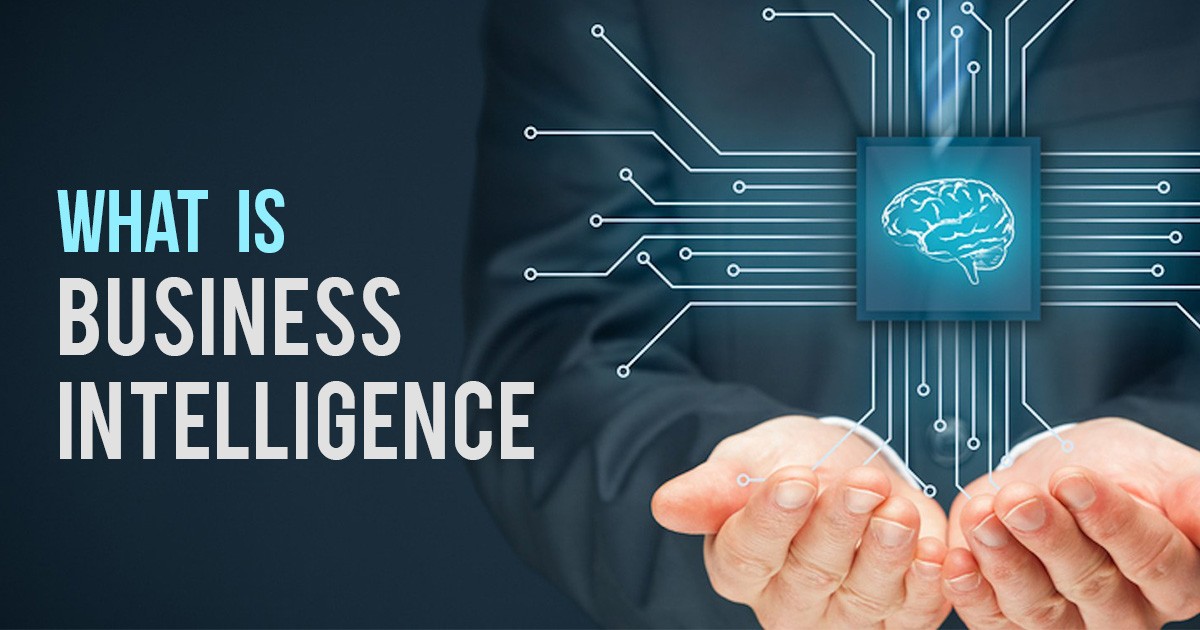
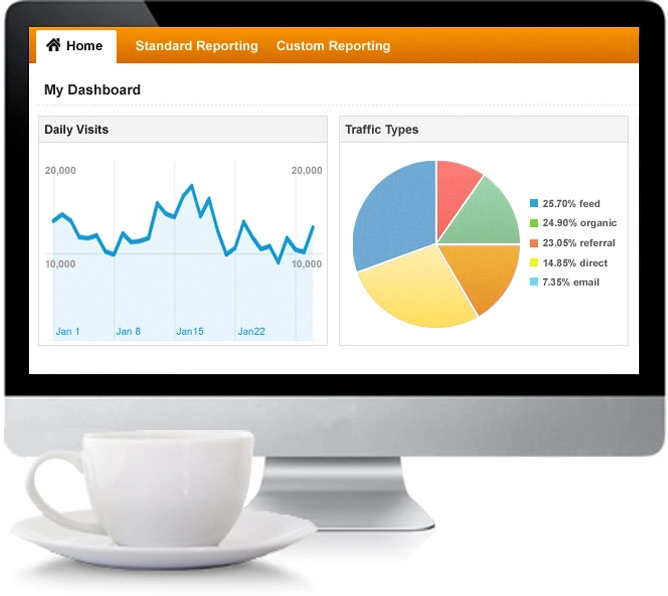
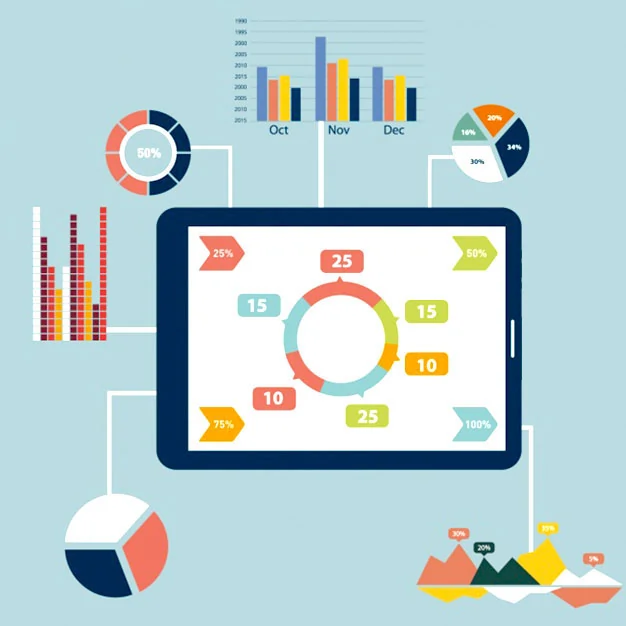
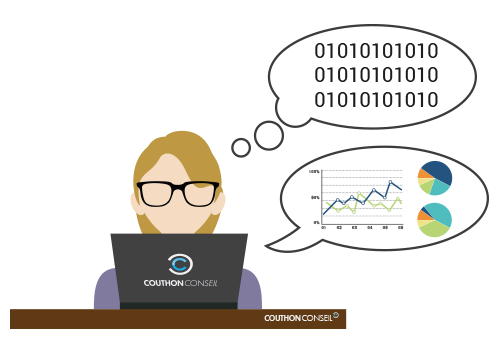








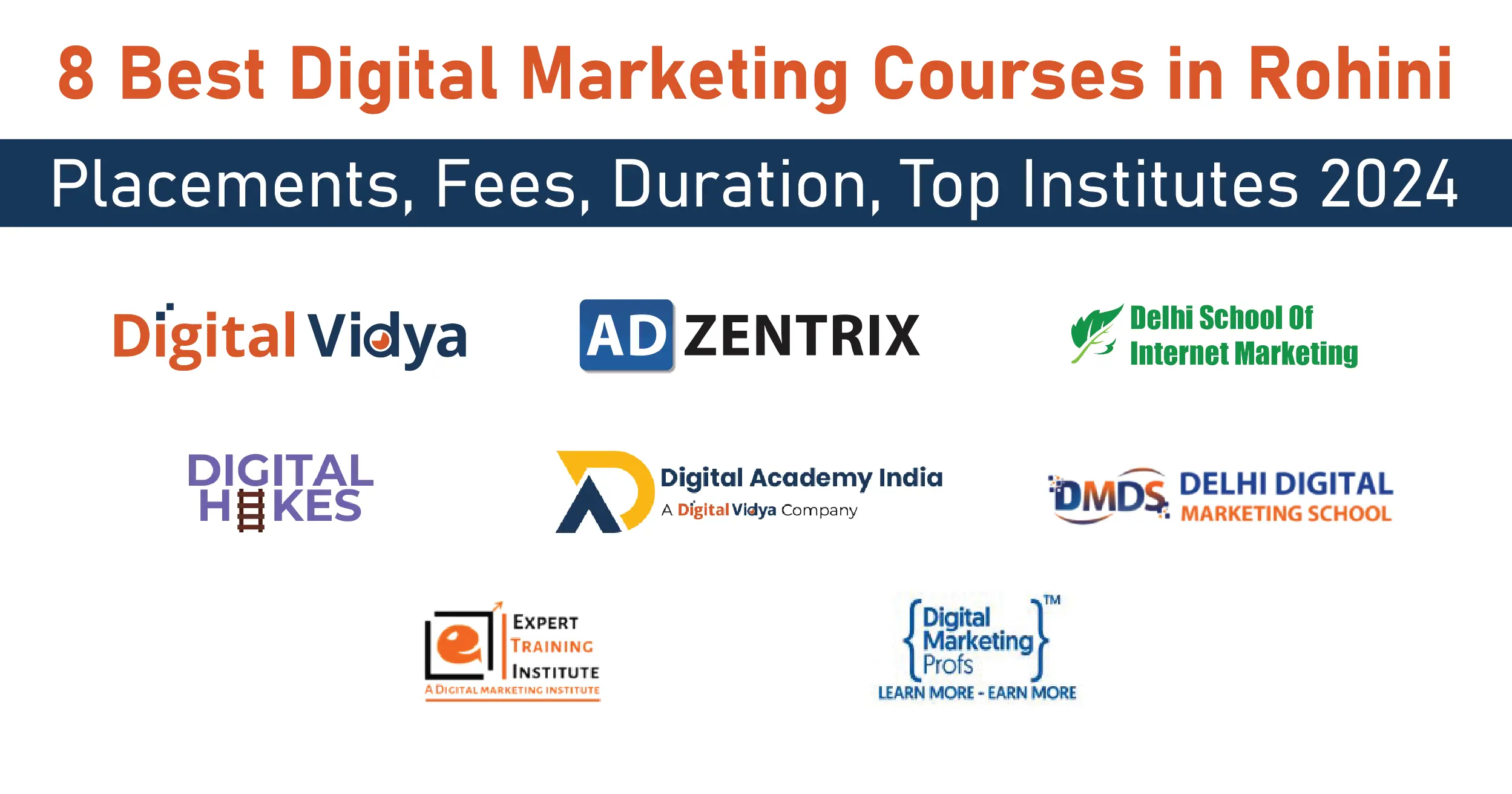

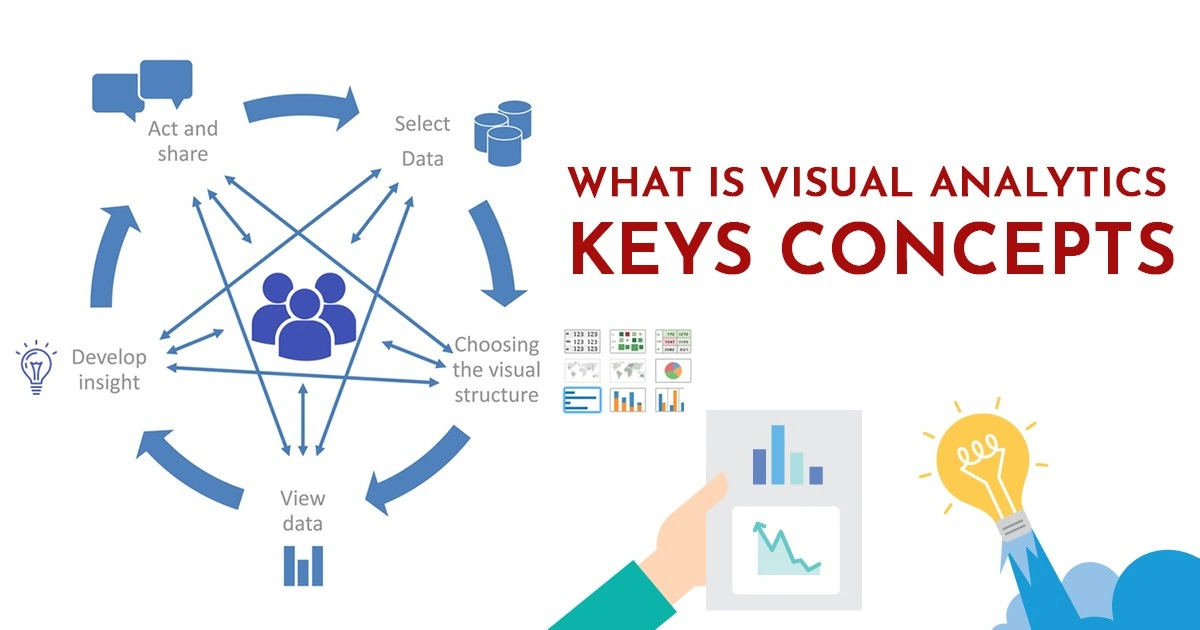
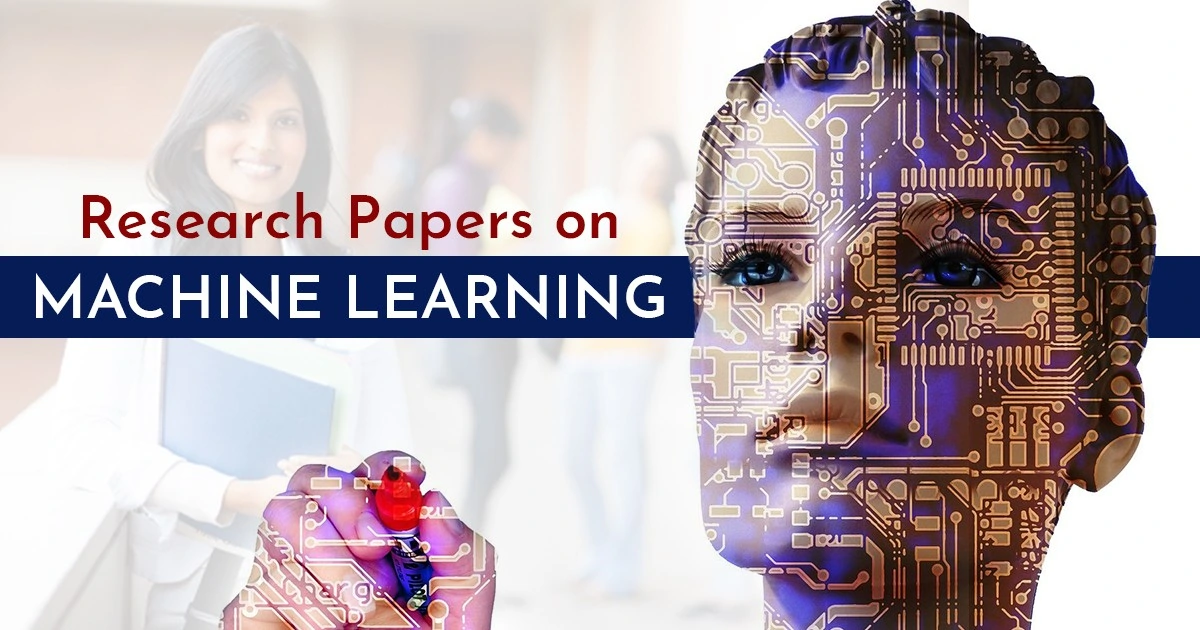

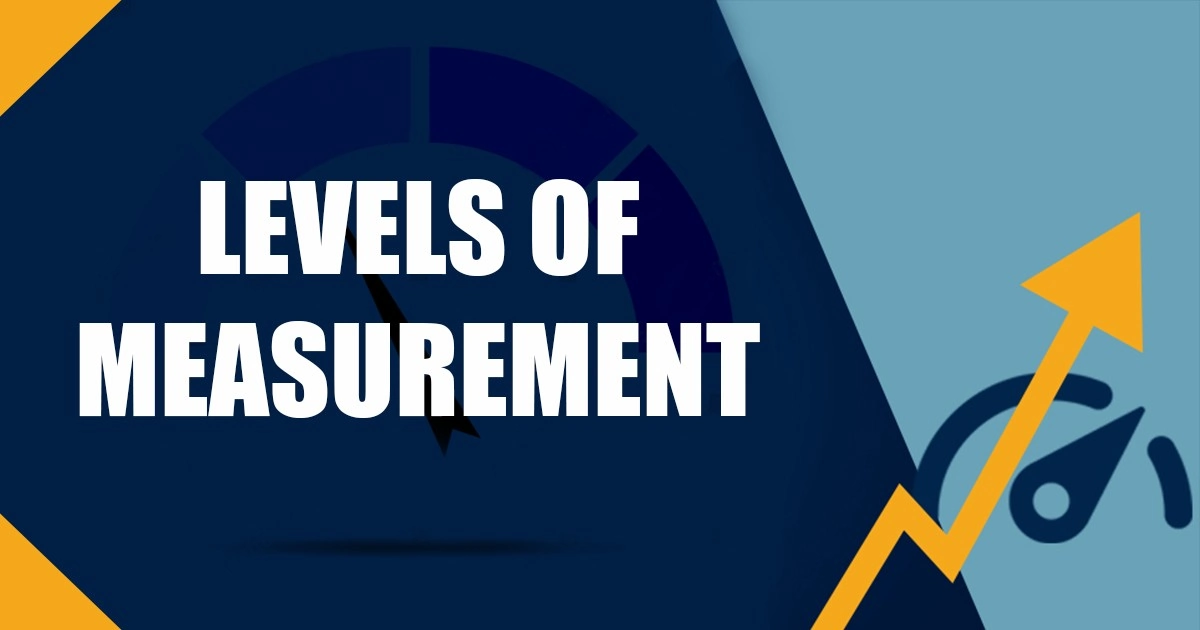




Thanks for sharing such a informative blog.